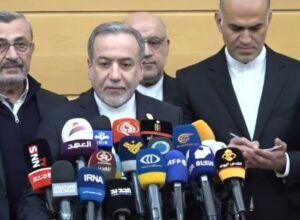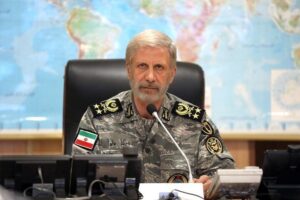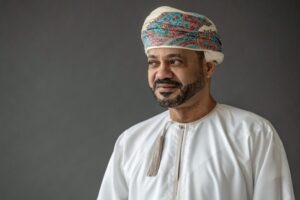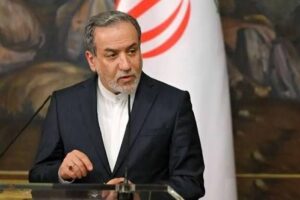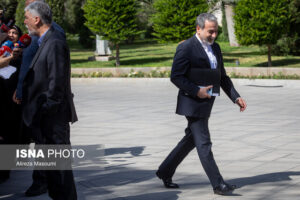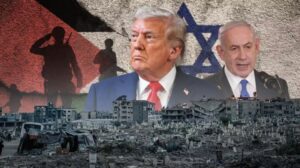Rafael Grossi, Director General of the IAEA, in an interview with a French media outlet, addressed recent developments in the Middle East and the aggressive actions of the Zionist regime and the United States against Iran.
In an interview with Radio France Internationale, in response to a question about the U.S. claim that Iran’s nuclear program has been entirely destroyed, and without condemning the attacks carried out against Iran, he said:
“Iran’s nuclear program has suffered serious damage. The attacks that began on June 13 caused severe physical damage to Natanz, Isfahan, and Fordow — sites linked to Iran’s uranium conversion cycle.”
Grossi added: “Saying that Iran’s nuclear facilities have been destroyed is an exaggeration. However, everyone agrees that serious damage has been inflicted. When the U.S. president says Iran’s nuclear program has been set back by decades, that is a political statement. That’s why I say it must be put into perspective. But it is true that due to the attacks, Iran’s capabilities have been reduced, and continuing at the pace they had before will now be much more difficult.”
He continued: “The U.S. president’s remarks are based on military objectives — it’s a matter of intention and targets. This is subjective, and I think it is outside the scope of what the IAEA does. We don’t judge intentions; we analyze and assess what we observe on the ground.”
Regarding the condition of Iran’s nuclear facilities, Grossi stated: “We are present in Iran. That’s our job. But for a thorough assessment, we need to access these facilities, which is not an easy task. No one can precisely assess the damage at this point.”
In response to a question about the location of Iran’s enriched uranium stockpile, he said:
“Until the recent developments began, IAEA inspectors were present at the facilities. We didn’t know such attacks were going to happen. Iran informed me that it would take precautionary measures. During the attacks, I sent a message to Iran’s Foreign Minister requesting permission to travel to Iran for an assessment.”
Referring to a proposed bill by Iran’s government to suspend cooperation with the IAEA, Grossi said: “Talks with Iran are ongoing. There are political voices in Iran that believe the Agency has not been impartial, especially because it did not condemn the Israeli attacks. This has led to the recent decision in Iran’s parliament. I need to consult with my Iranian counterparts to gain a clear understanding of the seriousness of this decision.”
He claimed: “Cooperation with the Agency is an international obligation. Iran is a member of the Nuclear Non-Proliferation Treaty (NPT), and legally, they do not have the right to unilaterally suspend this cooperation. If they make such a decision, we’ll be facing a new crisis.”
Grossi added: “I hope it won’t come to that. If this decision is implemented, I will have to convene a meeting of the Board of Governors. Such a decision would have serious consequences, as it would mean Iran is operating outside the NPT framework. But I believe that is not their intention.”
In response to a question about Iran’s cooperation with the IAEA, Grossi repeated previous claims and said: “Iran has always cooperated with the Agency, but that cooperation has been limited. There are many questions that Iran has not adequately answered. We found traces of uranium in places where it shouldn’t have been, and their explanations were not technically credible. In any case, there was no transparency.”
In response to another question about “how close Iran is to building a nuclear weapon,” he claimed: “Iran does not have a nuclear weapon. But I’m not in a position to say whether this war was beneficial or not. The Agency was created for inspections so that we could avoid war. I prefer peace.”
When asked whether the current “peace” is likely to last, he replied:
“I’m optimistic. The continuation of peace is vital.”

